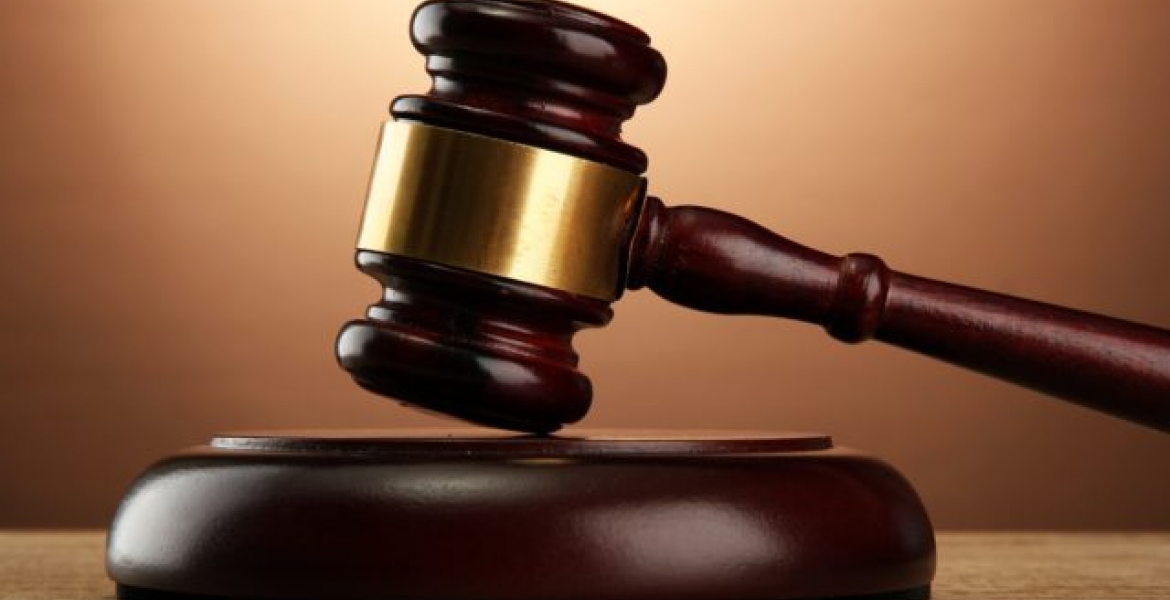- If the legal system is not careful, the insanity plea may become less about protecting the mentally ill and more about providing an escape route for criminals who lack the courage to own up to their actions.
The insanity plea, a defense mechanism in legal systems worldwide, is often seen as a necessary safeguard for individuals who, due to mental illness, lack the capacity to understand their actions.
However, this plea has increasingly become a controversial topic, raising questions about whether it serves as a loophole for criminals seeking to evade justice. Can claiming insanity be an act of cowardice, and does it sometimes prevent justice from being rightfully served?
At its core, the insanity defense rests on the idea that certain individuals, due to severe mental disorders, cannot be held accountable for their actions in the same way as mentally sound individuals.
Yet, history has shown instances where criminals have seemingly manipulated this plea to escape the consequences of their heinous acts. Some high-profile cases demonstrate how the plea has been misused, allowing offenders to avoid traditional sentences and instead be placed in psychiatric facilities, where they may eventually be released back into society.
A major concern with the insanity plea is its potential to be exploited. Defense attorneys, seeking to protect their clients from harsh punishments, might attempt to use psychiatric evaluations as a means to sway the court’s perception. In some cases, individuals who commit premeditated crimes suddenly claim insanity to reduce their sentences. This raises the question: if a person is coherent enough to plan and execute a crime, should they be allowed to argue that they were unaware of their actions?
Read More
Moreover, the use of the insanity defense may deny victims and their families the justice they deserve. The legal system is designed to ensure accountability, but when a murderer or violent offender is sent to a psychiatric institution instead of prison, it can feel like a betrayal to those affected by their crimes. Many victims' families argue that such verdicts provide a sense of impunity, allowing criminals to avoid the full weight of punishment.
Of course, there are genuine cases where the insanity defense is warranted. Not all claims are fabricated, and mental illness is a real and serious issue. However, the burden of proof should be stricter, and courts must ensure that the plea is not simply an easy way out for individuals unwilling to face justice.
If the legal system is not careful, the insanity plea may become less about protecting the mentally ill and more about providing an escape route for criminals who lack the courage to own up to their actions.
Ultimately, justice should be blind, but it should not be foolish. The insanity plea must be used responsibly, lest it become a tool for cowardice rather than a means for fairness.












